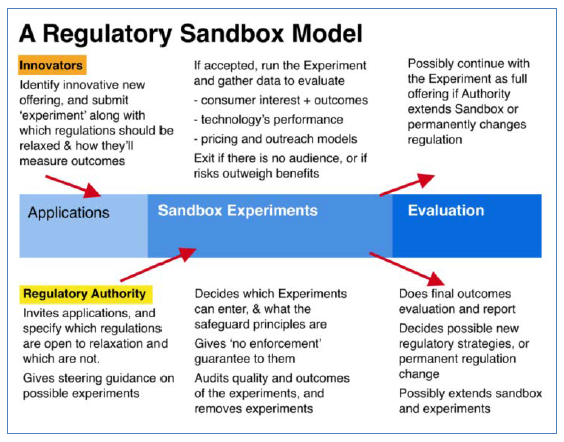California could become the next state, after Utah, to establish a regulatory sandbox to explore new methods of delivering legal services, after the State Bar of California Board of Trustees voted 9-2 yesterday to form a working group to explore the development of such a sandbox.
The working group will be charged with exploring the development of a regulatory sandbox to evaluate possible changes to existing laws and rules that may inhibit the development of innovative legal service delivery systems.
These may include consumer-facing technology that provides legal advice and services directly to clients, as well as other delivery systems created through the collaboration of lawyers, law firms, technologists, entrepreneurs, and others.
This could include consideration of relaxing rules and laws regarding unauthorized practice of law, fee sharing, nonlawyer ownership and other legal restrictions.
The move is based on recommendations of the Task Force on Access Through Innovation of Legal Services, which the trustees appointed in 2018 to study and identify regulatory changes to enhance access to legal services through the use of technology and online delivery models.
The task force presented its final report to the trustees at their meeting on March 12, but amid controversy among members of the bar in California, the trustees delayed voting on the recommendations, putting certain portions out for public comment.
Before the trustees yesterday were three options, all of which involved appointing a working group, but each with decreasing degrees of scope for the working group to consider.
The most expansive, referred to as Option 1, was the task force’s proposal. It would authorize the working group to explore the regulatory sandbox, relaxation of rules and laws relating to law practice, and specific amendments to professional conduct rules 5.4 regarding fee sharing and 5.7 regarding the provision of law-related services.
This was the option that the 13-member board of trustees approved by a vote of 9-2. Two members did not vote.
Two members voted for Option 2, which would not have allowed the working group to consider relaxation of rules and laws regarding nonlawyer ownership or changes to rule 5.7.
As outlined in the Task Force’s report, the regulatory sandbox would have authority to consider and approve proposals by non-traditional providers of legal services that are designed to enhance access to legal help.
A key function would be to gather data on these alternative services to evaluate their potential benefits to accessing legal services or possible consumer harm.
“When the sandbox period of experimentation ends, if the regulator determines that the benefits of increased access to legal services afforded by the new delivery model substantially outweigh any identified harm, then the Task Force believes that permanent changes to existing law should be explored at that time,” the Task Force report said.
Last month, the Utah Supreme Court proposed a sweeping set of reforms for the regulation of legal services and said it would fast-track approval of non-traditional legal-help programs that target problems spawned by the Covid-19 crisis.
Utah’s proposed changes, posted for a 90-day period of public comment, would amend the state’s Rules of Professional Conduct to, among other things, allow fee-sharing with nonlawyers and would allow nonlawyers to have ownership or partnership interest in law firms or other authorized legal services providers.
 Robert Ambrogi Blog
Robert Ambrogi Blog
